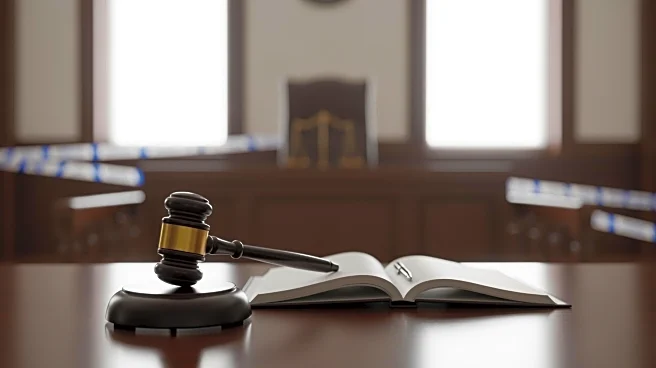What's Happening?
The Ninth Circuit's decision in United States v. Olivas has expanded on the Supreme Court's ruling in Diaz v. the United States, affecting the interpretation of Federal Rule of Evidence 704(b). This rule prohibits experts from offering opinions on a defendant's
mental state in criminal cases. The recent decision serves as a cautionary tale for the defense bar, highlighting the evolving legal landscape regarding expert testimony. Bonnie M. Baker updates her previous analysis, emphasizing the implications for legal practitioners navigating these changes.
Why It's Important?
The Ninth Circuit's decision has significant implications for criminal defense strategies, particularly concerning the use of expert testimony. Legal professionals must adapt to these changes, which could affect the outcomes of criminal trials. The decision underscores the importance of understanding the nuances of evidence rules and their application in court. As the legal community grapples with these developments, the ruling may influence future cases and legal interpretations, impacting defendants' rights and trial strategies.
















